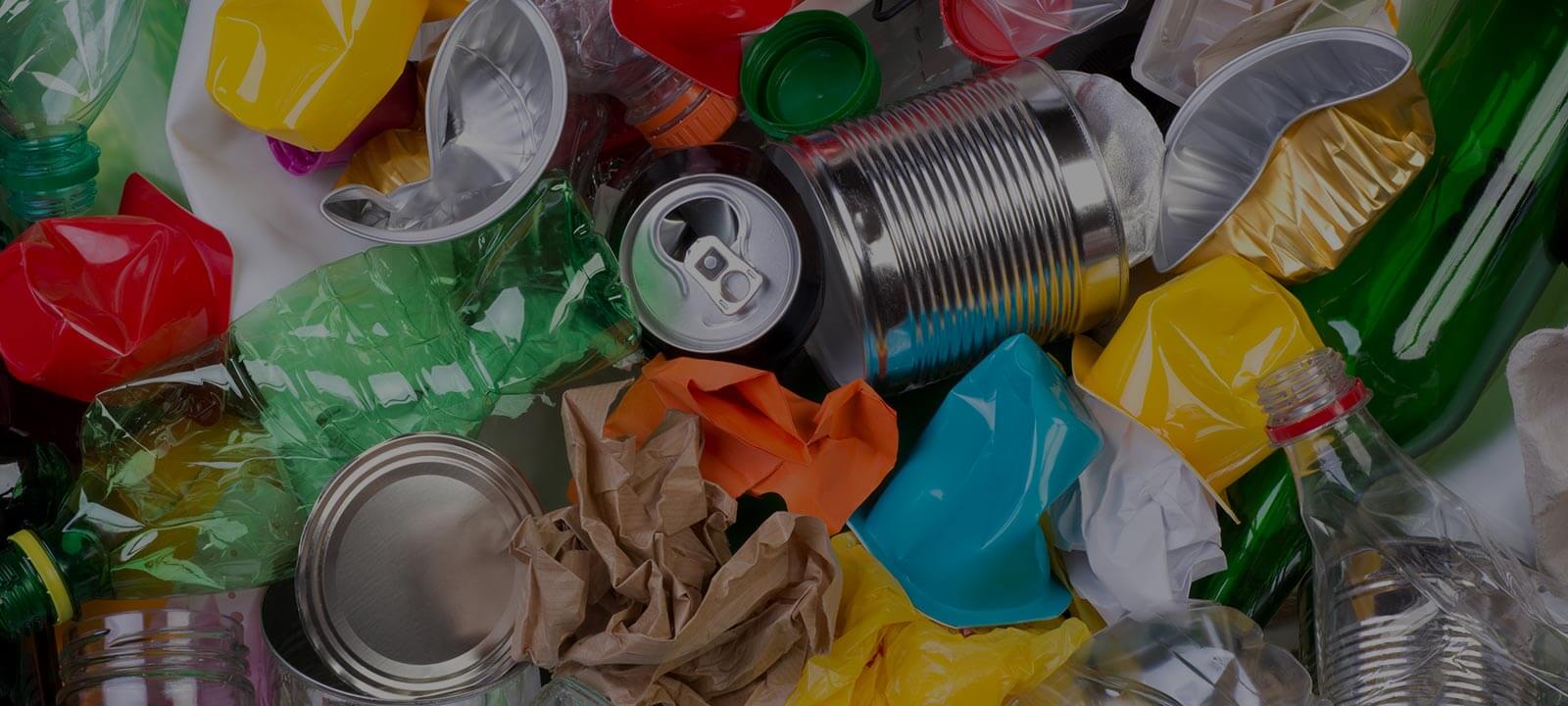Bamboo Innovations as Plastic Replacements
Posted on 04/02/2025
As the world grapples with the environmental toll of plastic pollution, a remarkable shift is occurring towards sustainable alternatives. One such promising contender is bamboo. Known for its fast growth and versatile applications, bamboo is emerging as a viable replacement for various plastic products. This article delves into the innovations in bamboo technology and its potential to revolutionize industries traditionally dominated by plastic.
The Environmental Impact of Plastic
Plastics have been the cornerstone of industrial and consumer applications for decades due to their durability, lightweight properties, and cost-effectiveness. However, the environmental consequences have been dire. Globally, millions of tons of plastic waste end up in oceans, harming wildlife, and contributing to both air and soil pollution. The overwhelming reliance on fossil fuels for plastic production further exacerbates climate change.

Why Bamboo?
Bamboo stands out as an incredible renewable resource. Its growth rate is unmatched, with some species growing up to 3 feet in height within 24 hours. This rapid growth cycle means that bamboo plantations can be harvested sustainably without significant environmental degradation. Furthermore, bamboo doesn't require pesticides or fertilizers, making it a low-maintenance crop that enriches soil health rather than depleting it.
Bamboo Innovations Replacing Plastic
Bamboo's inherent properties of strength, flexibility, and biodegradability have led to ingenious innovations in multiple sectors. Here are the key areas where bamboo is making a substantial impact:
1. Bamboo Packaging
The packaging industry is notorious for its reliance on single-use plastics. Bamboo offers a sustainable alternative, with companies creating biodegradable and compostable bamboo-based packaging solutions. From cosmetic containers to food packaging, bamboo's versatility is paving the path to a greener future.
2. Bamboo Textiles
The textile industry is also witnessing a bamboo revolution. Bamboo fibers are being spun into soft, durable fabrics used in clothing, bed linens, and towels. Bamboo fabric is not only quickly renewable but also naturally antibacterial and hypoallergenic, making it a healthy choice for consumers and the planet alike.
3. Bamboo Cutlery and Kitchenware
Single-use plastic cutlery contributes significantly to global waste. Bamboo cutlery and kitchenware items like plates, bowls, and cups are now widely available, providing an eco-friendly, reusable alternative. These products are sturdy, lightweight, and compostable, offering a practical solution to everyday plastic use.
4. Bamboo in Construction
While not a direct replacement for plastic, it's worth noting bamboo's increasing use in the construction sector. Bamboo's tensile strength rivals that of steel, positioning it as a sustainable material for scaffolding, flooring, and structural components. These applications reduce reliance on synthetic materials and lower the carbon footprint of construction projects.
5. Bamboo Electronics and Gadgets
The electronics industry is exploring bamboo wood as an alternative to plastic components in gadgets. From phone cases to keyboards, bamboo's resilience and aesthetic appeal make it an ideal choice for eco-conscious consumers. These products maintain functionality while promoting sustainability.
Benefits and Challenges of Bamboo Innovations
While the potential for bamboo innovations is vast, there are both benefits and challenges associated with its adoption.
Benefits
- Sustainability: Bamboo's rapid growth and renewability position it as a leading sustainable material.
- Biodegradability: Unlike plastic, bamboo decomposes naturally without leaving a harmful residue.
- Versatility: From textiles to construction materials, bamboo's diverse applications broaden its market potential.
- Economic Opportunities: Investing in bamboo cultivation and manufacturing can provide jobs and economic growth in rural areas.
Challenges
- Manufacturing Costs: Initial costs for bamboo processing equipment can be high, deterring some businesses from adopting it.
- Market Acceptance: Consumer habits are hard to change, and there is still a significant reliance on conventional plastics.
- Regulatory Hurdles: Standards and regulations governing bamboo products can vary, impacting international trade and market expansion.

The Future of Bamboo as a Plastic Replacement
The future for bamboo looks promising as research and development continue to uncover new uses and improve existing products. Advances in technology are likely to lower production costs and streamline bamboo processing, making it more accessible and competitive with plastic.
Moreover, increasing global awareness and policy shifts towards sustainability are likely to drive demand for bamboo and other eco-friendly materials. For instance, many countries are implementing bans and restrictions on single-use plastics, creating a fertile ground for bamboo innovations to flourish.
Several start-ups and established corporations are investing heavily in bamboo technologies, from packaging solutions to durable consumer goods. Collaborations between industry, academia, and government entities can further propel bamboo's integration into mainstream markets.
Conclusion
Bamboo's strength, flexibility, and biodegradability present it as a formidable contender in the fight against plastic pollution. While there are challenges to overcome, the benefits of adopting bamboo-based products are significant. As technology advances and consumer preferences shift towards more sustainable options, bamboo innovations are likely to play a crucial role in reducing our reliance on plastic, fostering a healthier planet for future generations.
In embracing bamboo, not only do we find an ally in sustainable living, but we also pave the way for economic growth, environmental stewardship, and a shift towards more thoughtful consumerism. It is an opportune time to consider bamboo not just as an alternative, but as a cornerstone in the quest for a greener, more sustainable future.
Latest Posts
Alternatives to Common Plastic Items
Recycling Strategies for Non-Compostable Garden Materials






